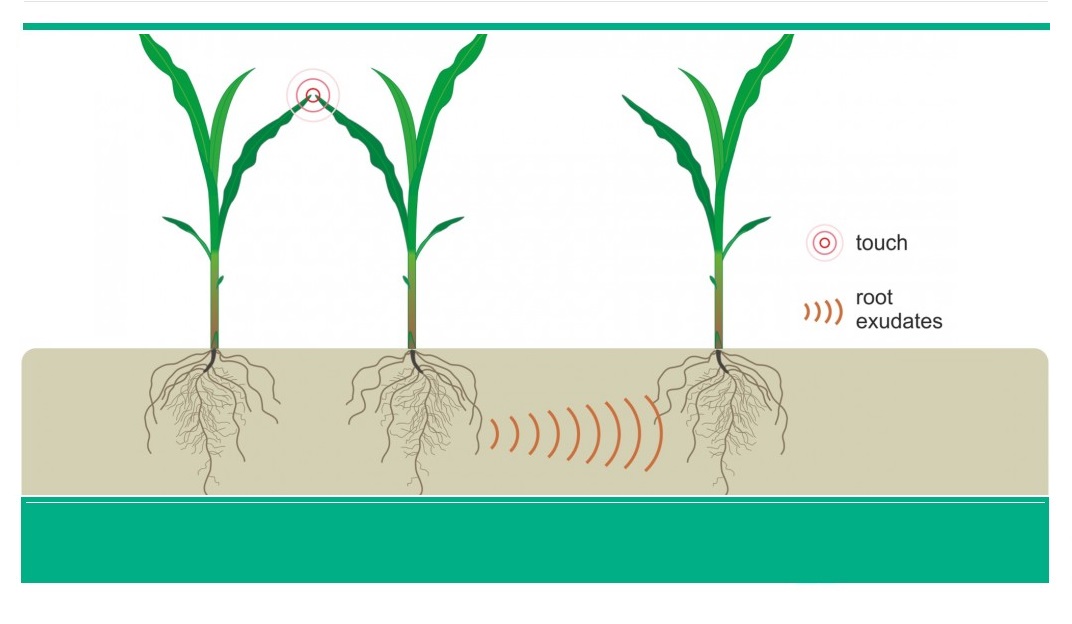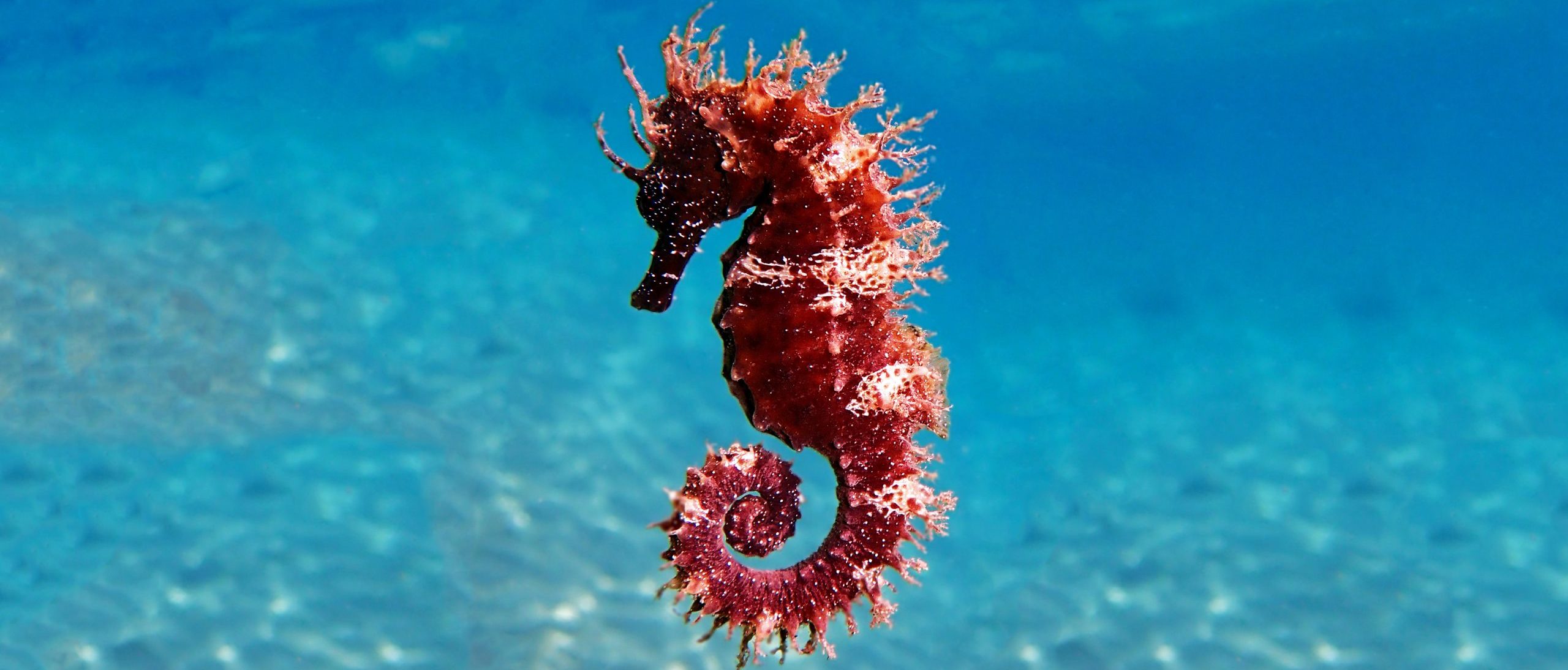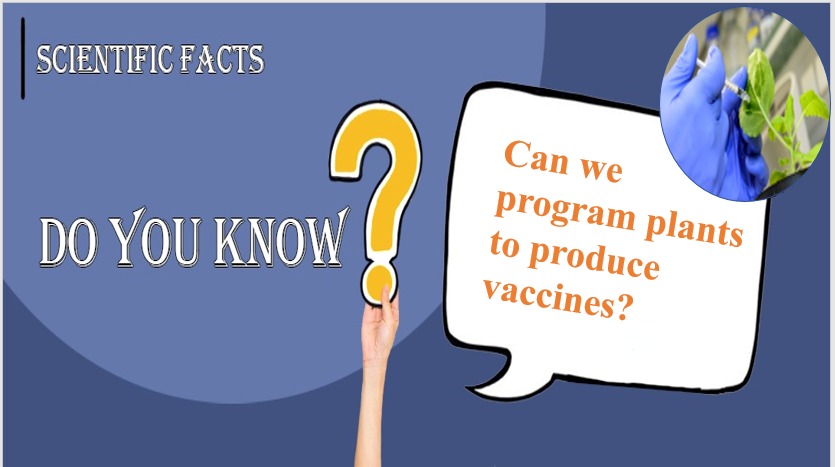
One-fifth of the world’s total crop production is destroyed by insects annually. Hitting the temperate zones hardest, climate change worsens the condition. Despite the fact that plants seem defenseless because they cannot escape from their enemies but they can deter insects by the deployment of chemical toxins. Certain toxins usually function by making the plant taste bitter, inhibiting herbivorous insects’ digestive enzymes, and disrupting...

The idea of using a pill that boosts your brainpower might seem pretty appealing. Using medicinal combinations and pills to get smarter is a centuries old practice which has seen a rising trend in last decades. Nootropics or so-called “smart drugs” are any supplements that potentially improve or alter a person’s cognitive performance and executive function, including memory, decision-making, and creativity. There are three broad categories...

It is estimated the global demand for vanilla is growing due to the vanilla flavoring of food stuff. Vanillin is a highly desirable chemical widely used in the food and cosmetics industries, pharmaceutics, cleaning products, and herbicides. Vanilla traditionally comes from the extract of vanilla beans but in fact, 85% of the world\'s vanilla production is currently derived from fossil fuels. Among a lot of plastic bottles which are sold every...

Male seahorses and pipefishes can become pregnant and give birth. As part of a project called MALEPREG, Dr. Olivia Roth from the Helmholtz Centre for Ocean Research Kiel (GEOMAR) in Germany is studying syngnathids, a fish family including seahorses, pipefish, and seadragons, to understand the evolution of pregnancy. There are three different types of pregnancy in syngnathids. In initial forms, the eggs stick to the male body and then are...

Molecular farming is the basic idea to genetically modify or program plants in order to produce useful biomolecules such as vaccines for us. Cultured proteins could use as medicine for the treatment of many diseases, including diabetes. One of the most common ways of culturing proteins is utilizing bio-machinery of organisms like bacteria and other mammalian cells, such as the Chinese hamster ovary (CHO) to use nucleic acid code as a pattern for...





